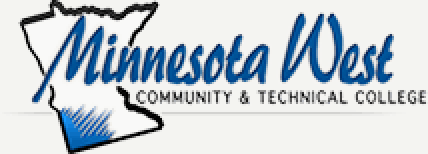RNEW 1160 Instrumentation & Control
RNEW 1160: Instrumentation & Control
Description
Instrumentation and Control builds on Mechanical Fundamentals and Process Dynamics. This course will cover the essential elements of a process control system. It will cover common types of electrical and pneumatic signals used for data collection while exploring devices used to measure flow rate, pressure, temperature, level and analytical control. This course will compare fundamental control concepts such as on/off and PID. It will explain how control concepts are used in various control loops of feedback, cascade, ratio and feedforward.
Credits
3
Prerequisite
None
Corequisite
None
Topics to be Covered
1. Process variables such as pressure, temperature, level and flow
2. Analytical sensing or measuring instruments
3. Control loops
4. Symbology
5. Switches
6. Relays
7. Annunciators
8. Signal transmission and conversion
9. Controllers
10. Distributed controls Systems
11. PLC’s
12. Instrumentation malfunctions
Learning Outcomes
1. Describe and evaluate sensors and signal processing and display elements commonly used with instrumentation in process plants.
2. Explain what is meant by open and closed-loop control systems.
3. State the general function of an instrument system and identify the basic instruments/devices and the function of each.
4. Describe the functions of the four basic elements of an automated process control system.
5. Explain how resistance, capacitance, dead time and lag time can affect a process control system.
6. Explain the relationship between temperature, pressure, level and flow in process plant operations.
7. Compare and contrast analog and digital control systems.
8. Identify and explain the different signal transmissions with regard to simple control loops.
9. Use typical symbols used in process flow diagrams.
Credit Details
Lecture: 3
Lab: 0
OJT: 0
MnTC Goal Area(s): None
